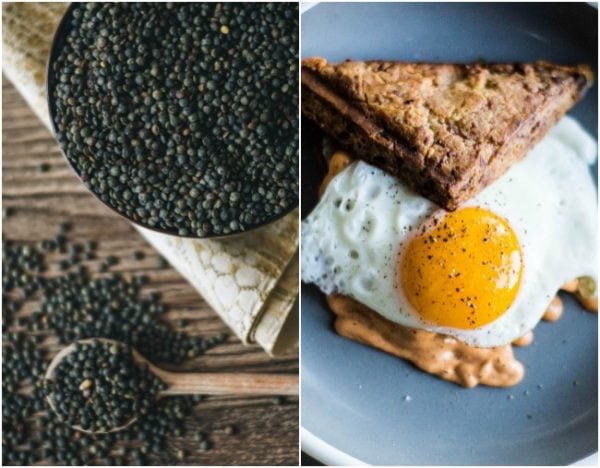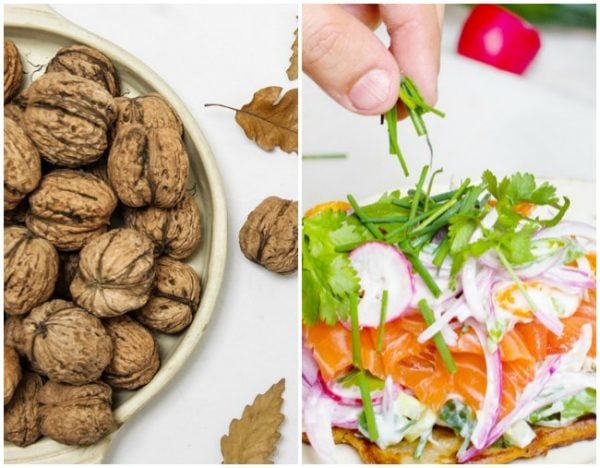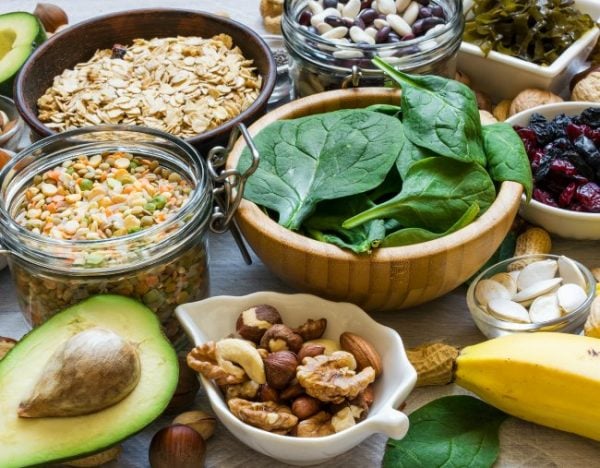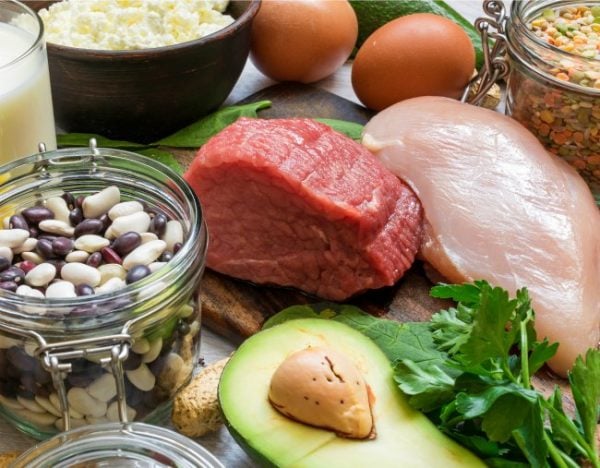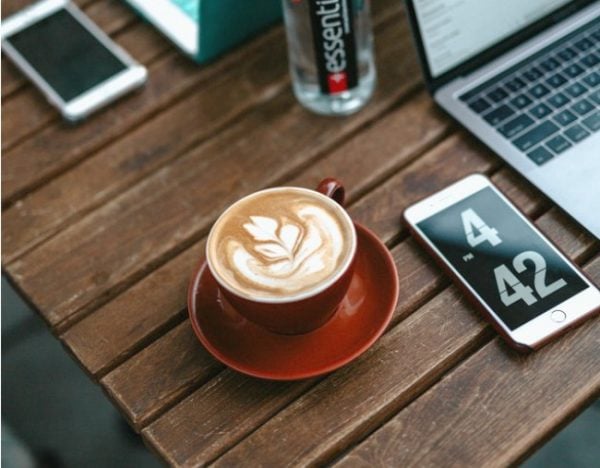Anxiety is a general term for several disorders that cause nervousness, fear, apprehension and worrying.
It can be so severe that it actually causes physical symptoms such as a racing heart, headaches and stomach pains.
According to beyond blue, over two million Australians experience anxiety, with the number scarily increasing every year.
The positive is, there are so many natural foods and food groups that have strong anti-anxiety or stress reducing properties. There are also foods that should be avoided if you’re feeling anxious.
To help combat the symptoms of anxiety naturally, try embracing the following foods and food groups:
Protein
